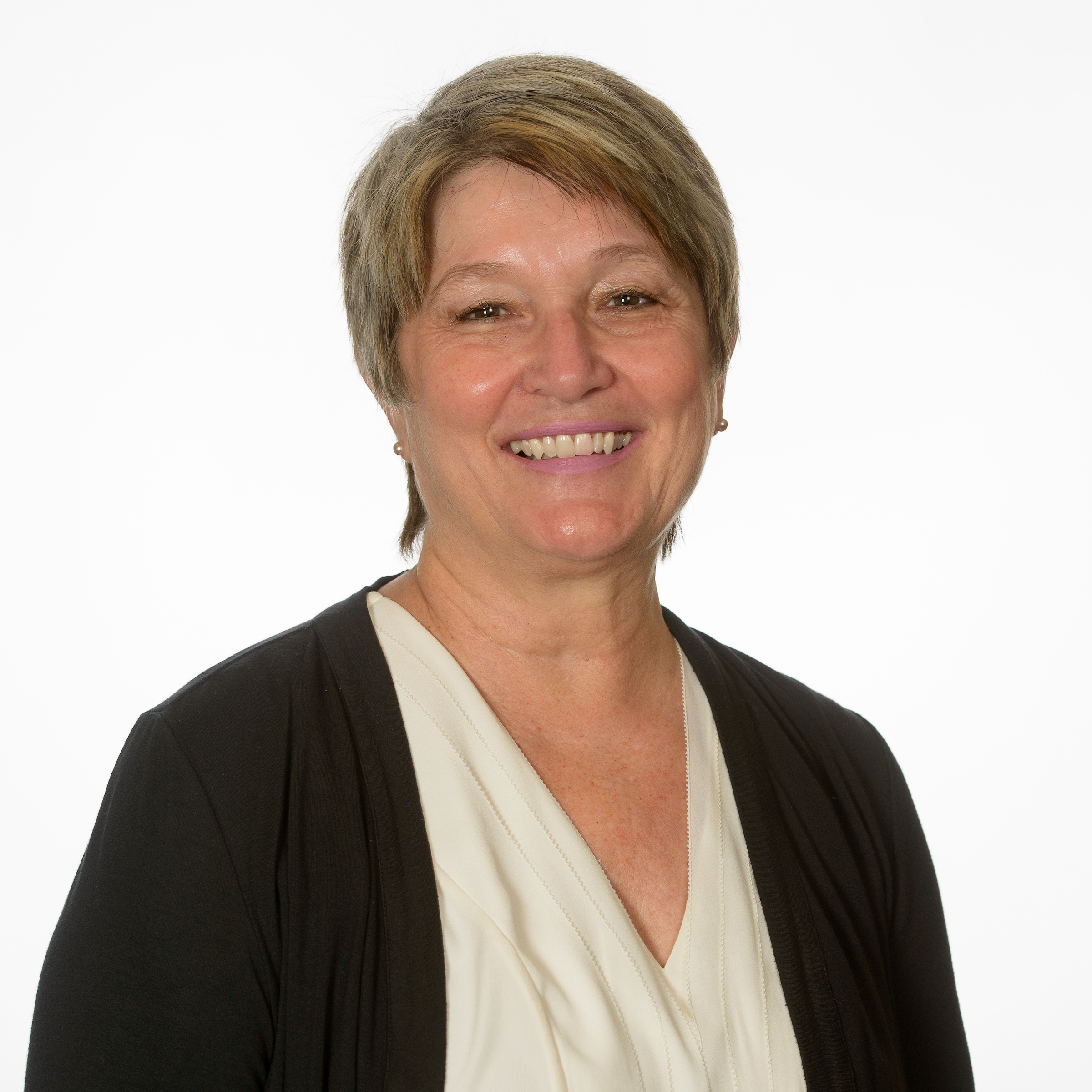Reed named new director of ASU’s School of Human Evolution and Social Change

New ASU School of Human Evolution and Social Change Director Kaye Reed at an archeological site in Hadar, Ethiopia. Photo by Benjamin Reed Photography
Kaye Reed, an Arizona State University President’s Professor and a research associate with the Institute of Human Origins, has been named the director of ASU’s School of Human Evolution and Social Change (SHESC).
Reed inherits the directorship from Alexandra Brewis Slade, also a President’s Professor and associate vice president for social sciences at ASU’s Office of Knowledge Enterprise Development, who led and grew the organization for the past eight years.
The School of Human Evolution and Social Change was founded more than a decade ago to uncover both the historic origins and modern implications of human uniqueness through the intersections of social disciplines such as anthropology, global health, environmental social sciences, and math for the life and social sciences. It’s one of the few academic environments where research on traditional anthropological subjects such as cultures, ruins, stones, bones, and primates takes place alongside mathematical modeling of viral disease spread, and clean water and healthy food initiatives.
With 800-plus students, 64 tenure-track and research professors, 27 labs, eight research centers, three museums and more than 2 million anthropological specimens to manage, Reed knows she has big shoes to fill as incoming director.
Luckily, she feels quite comfortable in a good pair of hiking boots, thanks to years of extensive field work that includes finding and analyzing the ecology of early hominins in the Afar Region of Ethiopia and South Africa.
One of the best-known finds by her field team was a 2.8 million-year-old jawbone that pushed back the known “first appearance date” of the genus Homo by approximately 400,000 years.
When at home in Phoenix, Reed also previously committed much of her time to extensive editorial and administrative leadership functions, including serving as associate editor of the Journal of Human Evolution, and an associate director and graduate director at SHESC.
Kaye Reed
Like all members of SHESC, she possesses a profound respect for her school’s past accomplishments, 100 of which are now on display to the general public at the School’s Innovation Gallery (900 S. Cady Mall, Tempe) every Tuesday and Thursday between 10 a.m. and 3 p.m.
“Looking at this display, the scientific and academic impact of SHESC’s work across the globe is undeniable,” Reed said. “But it’s also very striking to see the immediate, real-world force for society that members of the school have contributed to.”
For example, in partnership with the Mayo Clinic, SHESC conducted several research projects to improve patient care in areas like bariatrics, voice disorders, and other areas of need. Students and faculty have also conducted various community outreach and resident interviews in Phoenix to help solving local quality-of-life issues, including the urban “heat islands” plaguing the city’s most developed areas.
As to what comes next for this relatively young organization, Reed is paying close attention to the accomplishments of its first generation of graduates. Now 3,000-plus in number, these individuals are out in the workforce and academic settings using the skills they gained at SHESC in an ever-broader application of solutions and careers paths.
By examining these external patterns of tenacity and innovation as well as the forward progression of its core disciplines, the school hopes to be able to continually fine-tune offerings designed not just for today’s challenges and opportunities, but tomorrow’s as well.
“Maintaining a constant state of advancement requires equipping bright minds with a kaleidoscope of quantitative and qualitative scientific skill sets, access to world-class research facilities, and collaboration opportunities with some of the greatest scientists in the world,” Reed said. “That is who SHESC was, is and will continue to be.”
More Arts, humanities and education

‘It all started at ASU’: Football player, theater alum makes the big screen
For filmmaker Ben Fritz, everything is about connection, relationships and overcoming expectations. “It’s about seeing…

Lost languages mean lost cultures
By Alyssa Arns and Kristen LaRue-SandlerWhat if your language disappeared?Over the span of human existence, civilizations have…

ASU graduate education programs are again ranked among best
Arizona State University’s Mary Lou Fulton College for Teaching and Learning Innovation continues to be one of the best…


